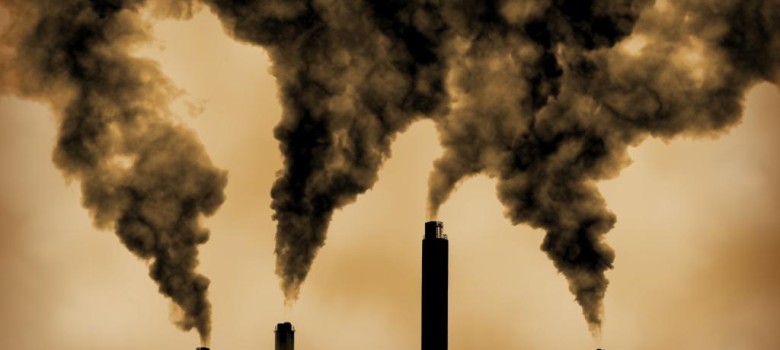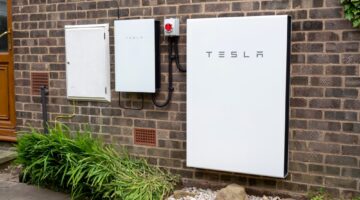
Green Energy and Environment Policy – the Beginning
It could be argued that environmental policy really began in the United Kingdom with the signing of the Kyoto Protocol in 1997. However, ‘green politics’ were not really on the agenda until the late 1970’s. The earlier part of that decade was a turbulent time for global energy prices due to two key crises: the OPEC crisis1, which was later followed by the Iranian Revolution2. These two events affected the UK by raising energy prices.
Domestically in the 1970’s the economy was paralysed by industrial action. Namely, the coal industry was a heavily unionised sector and coal fired power stations were the dominant energy enabler for electricity production in the UK. This type of energy generation was far from being clean and directly contributed to creation of acid rain clouds that affected other parts of northern Europe. In addition it was hard to reform the energy sector at the time because it had so many obstacles to reform and many of the changes in the public sector were blocked by powerful trade unions.
Issue based Environmental Policy
In the 1970’s governments worldwide responded to environmental issues by addressing specific problems, e.g. acid rain, CFCs, polluted water etc. with mainly scientific solutions, because these issues were perceived as being technical rather than political. Consequently, there was no coherent long term strategy to solve these problems. One significant exception to this was the International Convention for the Prevention of Pollution from Ships (MARPOL), which signed in 1973 and turned into an enforceable protocol in 1978, was one of the early examples of an international agreement working to help the environment.
The 1970’s did however, sow the seeds for some of the environmental initiatives to come, and whilst the UK and many international governments did not take environmental policy particularly seriously, the EU had begun to set out its stall. Beginning with the Environmental Action Programme in 1973, which was the EU’s first environmental policy, green issues were gradually making their way into EU policy discussions. Despite this, it took until 1986 for economic and environmental goals to be given similar standing within the EU.
___________________________________________________________________
References
1 OPEC Crises: 1973 – OPEC countries imposed an oil embargo. This was partially triggered off with the attack on Israel by Egypt and Syria earlier in the year, and the embargo was a response by OPEC producing countries to ‘punish’ the US and the western allies for supporting Israel. High oil prices were the result as well as inflation caused recession.
2 Iran has always been a major exporter of oil and in 1979 when the Iranian Revolution caused the country to go into civil war, oil supplies were disrupted, which caused a major spike in global oil prices.












No Comments yet! Be the first one.